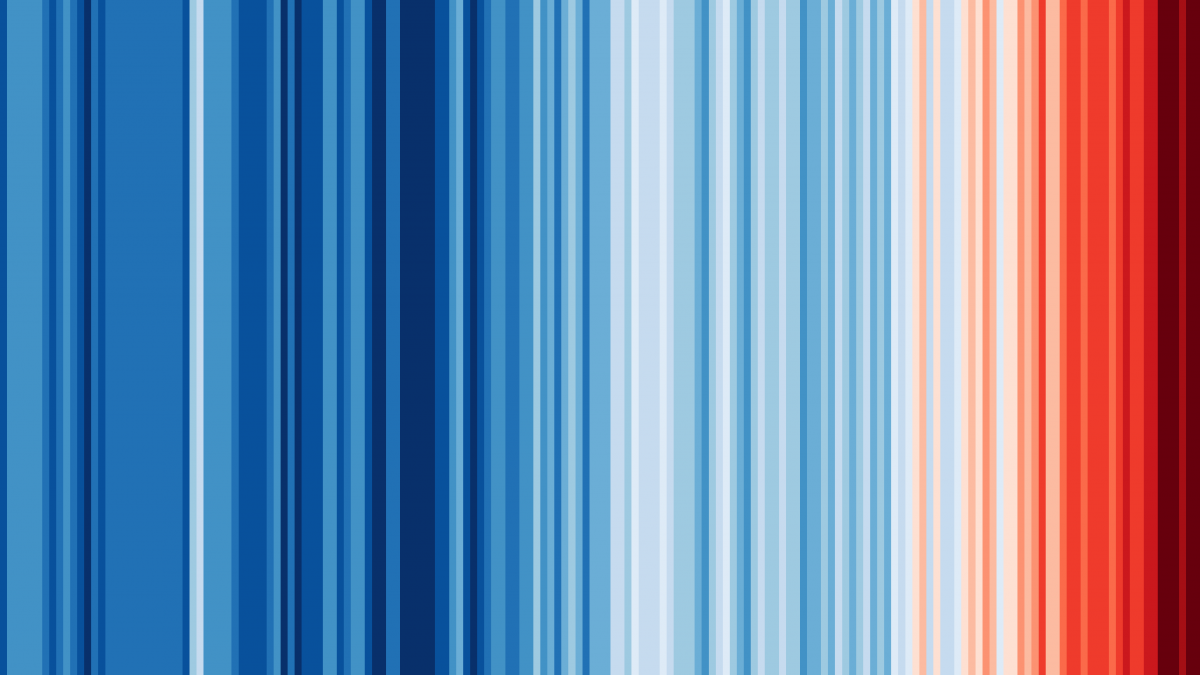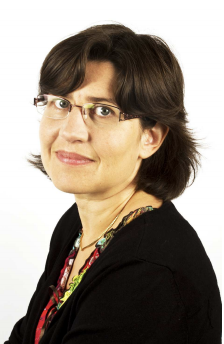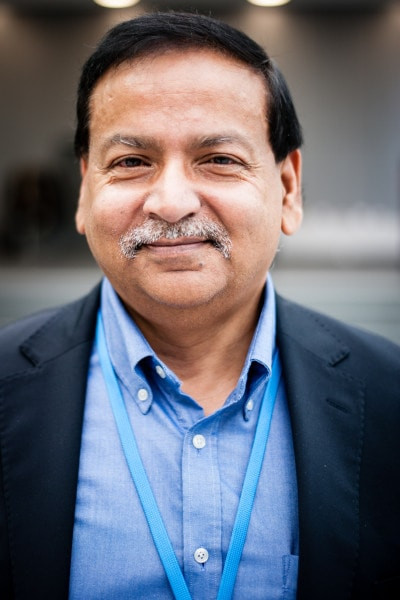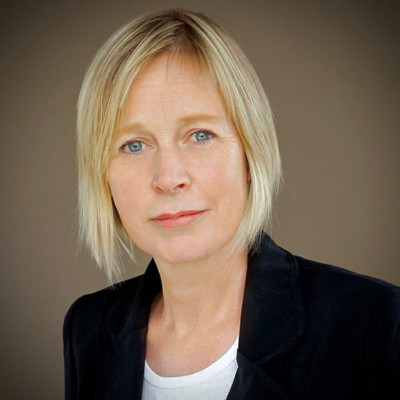The IPCC AR6: What to expect and how to make sense of the world’s most important report on climate change
It does not conduct any research of its own. It does not collect any climate data and does not employ active scientists – and yet it will shortly publish the world’s most important science report: with its forthcoming Sixth Assessment Report, the Intergovernmental Panel on Climate Change (IPCC) is bound to dominate and shape global news headlines for weeks.
Its importance can hardly be overestimated:
- The first such report since the adoption of the Paris Agreement, the IPCC AR6 will shape the COP 26 climate conference in Glasgow.
- It will provide the factual basis as China, the United States and the European Union try to build the momentum for a new global climate policy architecture.
- It will describe which extreme weather and living conditions – ranging from killer heatwaves to forest fires or coastlines being eaten away by rising sea levels – hundreds of millions of people in the most vulnerable countries are likely to be facing, from Bangladesh and India to Nigeria or Brazil.
- And it will define the boundaries for safe development pathways as fossil superpowers like Russia, Australia, Saudi Arabia and Iran have yet to develop strategies that will put an end to their dependence on noxious fossil fuel extraction.
It is against this backdrop that Clean Energy Wire will be holding two online briefing events for journalists. The events will focus on two questions each journalist, each newsroom and each media editor needs to be able to respond to:
What every journalist needs to know about the IPCC and the AR6 [July 13th]
Why exactly is the IPCC AR6 not ‘just another study on climate change’ – but the world’s most reliable source on the state of knowledge on climate change?
Why can it be trusted and relied on by policy-makers and journalists?
And what are the key themes and issues journalists should focus on in the multi-thousand page report?
Why every newsroom needs to become engaged in ‘good’ climate coverage [July 27th]
What do newsrooms need to do to prepare for this global stocktake of climate science?
What are good ways of relating the science insights to news audiences in ways that are relevant, meaningful and comprehensible?
And what pitfalls in covering and shortcomings should be avoided in reporting on the climate crisis?
AGENDA
| 16.00 - 16.05 |
Welcome and introduction by Carel Mohn, Clean Energy Wire |
| 16.05 - 16.15 |
Valérie Masson-Delmotte, Co-Chair, Working Group I (physical science basis), IPCC |
| 16.15 - 16.25 | Saleemul Huq, Director, International Centre for Climate Change and Development, Independent University Bangladesh, Dhaka |
| 16.25 - 16.35 | Cecilie Mauritzen, Senior Scientist, Ocean & Ice Group, Norwegian Meteorological Institute, Oslo |
| 16.35 - 17.25 | Discussion and Q&A |
| 17.25 - 17.30 |
Conclusions and outlook |
SPEAKERS
Valérie Masson-Delmotte is a specialist on the Earth’s past climate and helped developing ever more reliable climate models. Having studied engineering and fluid physics, she started working as a researcher at the Climate and Environment Sciences Laboratory (LSCE) of the French Alternative Energies and Atomic Energy Commission, became head of the paleoclimate group and later Research Director. In 2018, Nature placed Masson-Delmotte in its list of the ten most influential science personalities of that year. She has been Lead Author in the IPCC’s AR4 (2007), Co-ordinating Lead Author in AR5 (2013/14), and has served the last six years as Co-Chair of Working Group 1 for AR6, co-ordinating the work of hundreds of scientist from all over the world. She is a member of the French High Council for Climate Action (HCAC) and has written numerous books, including three children books on climate change.
Saleemul Huq is an expert in adaptation to climate change in developing countries. Since the early 1990s he has been working on climate impacts and vulnerability and advocated for climate change to be taken seriously as a development issue. He is the Director of the International Centre for Climate Change and Development (ICCCAD) and Professor at the Independent University Bangladesh (IUB), both in Dhaka, as well as Associate of the International Institute on Environment and Development (IIED) in the United Kingdom as well as Senior Adviser on Locally Led Adaptation with the Global Centre on Adaptation (GCA) headquartered in the Netherlands. Huq has been on of the Lead Authors of the Third, Fourth and Fifth assessment reports of the IPCC.
Cecilie Mauritzen has done a lot of research on oceans and on Earth's energy budget. She is a physical oceanographer with degrees from the University of Bergen (BSc, MSc) and Massachusetts Institute of Technology (PhD). Her fields of interest include Earth’s energy balance, state changes in the deep ocean, large-scale ocean circulation, autonomous observing technologies, operational oceanography, big data synthesis, inverse modelling, communication and teaching. Mauritzen has been a lead author for IPCC’s 4th and 5th Assessment Reports. She thrives with leading large, complex, interdisciplinary, international research projects, and is a member of both the Norwegian Academy of Science and Letters and the Norwegian Scientific Academy for Polar Research.
Frequently asked questions
Please click on the red "Sign up"-Button and fill in the necessary information. Remember to confirm your sign up via the automatic email you receive from us (it could land in your spam folder).
Signing up is possible until 13 July at 15.30 CEST.
The web-event will be on the record.
No, the event won't be recorded.
The web-event language is English.
Sound quality is greatly improved by using headsets with a microphone. It is recommended that all active participants equip themselves accordingly (smartphone headsets are sufficient).




